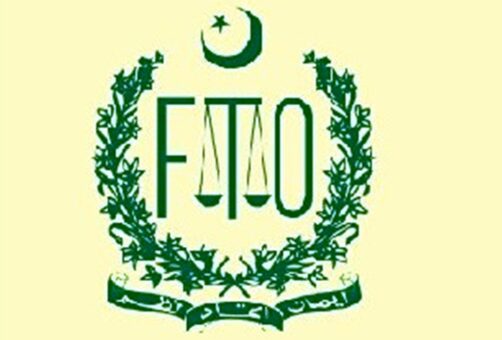PkRevenue.com – The Federal Tax Ombudsman (FTO) has issued a directive to the Federal Board of Revenue (FBR) to overhaul and streamline the withholding tax collection system from commercial banks. This order comes after numerous studies and internal investigations highlighted significant inefficiencies in the current regime.
The FTO’s directive follows an “Own Motion” investigation initiated to identify and recommend corrective measures for the withholding tax collection system managed by banks. The investigation revealed that the existing system is cumbersome and lacks efficiency, leading to delays in revenue collection for the state.
According to the FTO’s findings, the current withholding tax collection process is overly complex and lengthy, necessitating a shift to a more robust and swift mechanism. The FTO has recommended that the FBR review and revise the regulatory and monitoring framework governing banks’ withholding practices. This revision aims to ensure that the revenue collected by bank branches is promptly and accurately transferred to the state.
To facilitate this improvement, the FTO has suggested the FBR introduce enabling provisions in the law and develop a dedicated mechanism, such as an accessible separate portal, for the collection and monitoring of withholding taxes by commercial banks. This would streamline the entire process, making it more transparent and efficient.
One of the major issues identified is the reluctance of commercial banks in Pakistan to undergo any form of withholding tax audit. Currently, the FBR’s audit regime for the banking sector is limited to reviewing the withholding statements filed by banks. This narrow approach does not fully address the broader issues within the withholding tax collection system.
The FTO has emphasized the necessity for banks to maintain general ledger accounts specifically for withholding taxes, with the FBR having constant access to these accounts. This recommendation requires legislative support to become effective. The FTO’s order highlighted that, although banks generally adhere to withholding requirements, the absence of specific legislation hinders the maintenance of these general ledger accounts and restricts the FBR’s access to real-time data.
Enhanced monitoring of these withholding ledger tax accounts is crucial for detecting tax evasion within the bank’s withholding regime. This is particularly important for sections like 151 (profit on debt) and other deduction-at-source regimes, such as Section 149 (salary), 152 (payment to non-residents), 153 (payment for goods, services, and contracts), and 155 (income from property). Ensuring that every branch of banking companies consistently collects and deposits withholding tax into the government treasury within the designated timeframe is essential for the system’s integrity.
The FTO’s order underscores the need for stringent monitoring to ensure that withholding taxes are correctly deducted and timely deposited, reducing opportunities for tax evasion. This directive aims to fortify the withholding tax collection process, thereby enhancing the government’s revenue stream.
In response, the FBR is expected to implement these recommendations promptly. By introducing legislative changes and leveraging technology, the FBR can significantly improve the efficiency and transparency of the withholding tax collection system from commercial banks, ensuring that due taxes are collected and deposited without undue delay.
This development marks a critical step towards a more accountable and effective tax collection framework, ultimately benefiting the country’s fiscal health.
